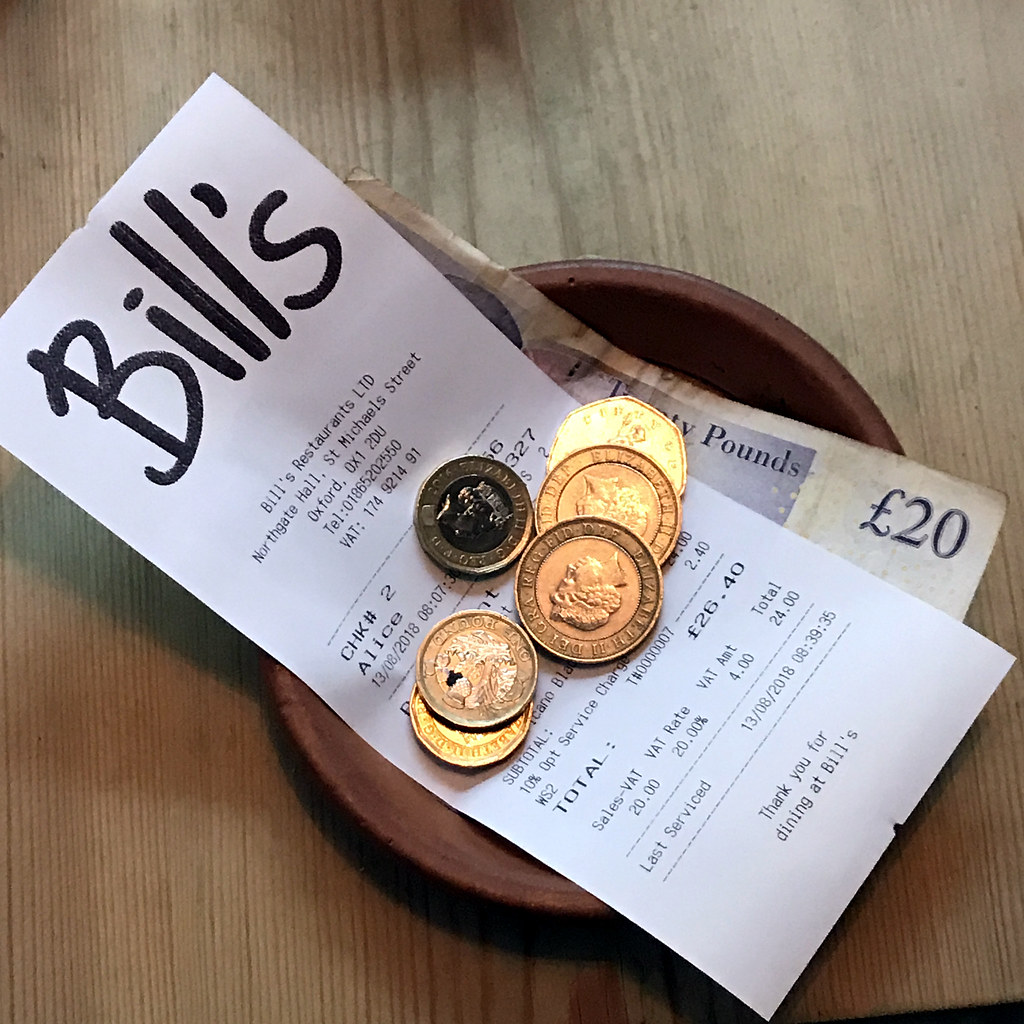Nationality/Language-Related Idioms and Proverbs
Good afternoon everyone! How are you doing?
I am back again to teach you some more idioms and proverbs! This time using languages or nationalities in them! As you know, I am going to explain them, provide you with examples and the translation into Spanish if there is one; if not, I will explain when to use them.
1. Go Dutch
If you go to a restaurant with friends and everyone pays for their own meal and drinks, you go Dutch. It is what Dutch people usually do, even when dating. E.g. I did not want my date to pay for everything, so I suggested going Dutch. In Spanish we would probably say "que cada uno se pague lo suyo."

2. Indian summer
When it is early autumn and you get a period of dry, warm weather, which is unusual for the time of the year, you can say: We are having an Indian summer. In Spanish we would call it " veranillo de San Martín/Miguel."

3. Pardon my French
When you are going to swear in English, you normally say pardon my French to apologise in advance for doing so. For example, imagine you are talking to a friend and say: Oh! Peter is a nasty bast**d if you'll pardon my French. In Spanish we say "con perdón de la expresión."

4. It's all Greek to me
You say it's all Greek to me when you have not got a clue about what the person is talking about. Imagine you classmate is trying to explain to you a chemistry problem you need to solve, but you do not get it. You could say: I still don't get it. It's all Greek to me. In Spanish: "me suena a chino.
"

5. When in Rome (do as the Romans do)
This proverb means that when you go to a new place, you should adapt to the customs there. For instance, imagine you go to England to visit some friends. You are used to having dinner at 10 pm, whereas there they normally do it at 6 pm. You start complaining about how early it is to eat, and your partner says: "when in Rome do as the the Romans do." In Spanish there is an equivalent, which is "donde fueres haz lo que vieres."

"Piazza del Popolo, Roma" by Flavio CDC CC BY-NC-SA 2.0
That's all Folks! I hope you found my post useful and if you have any questions or suggestions, please write a comment below.
Have a good one!















